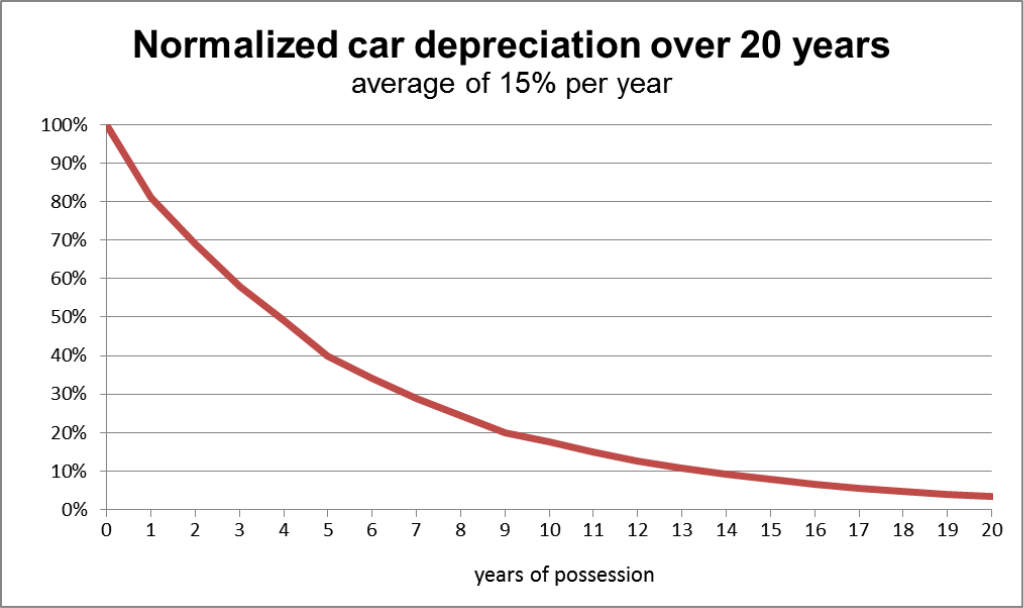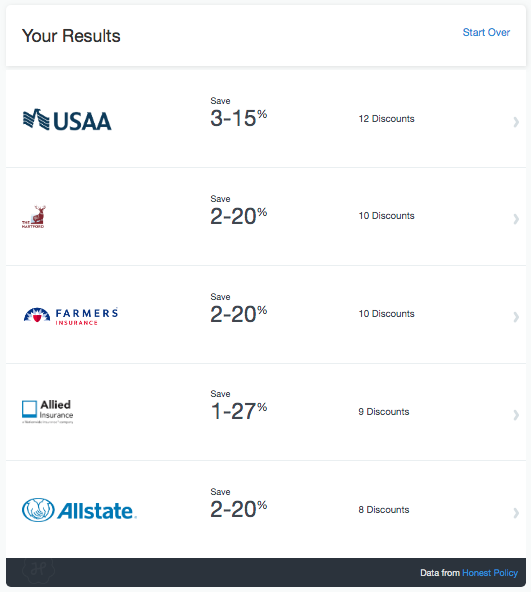
Insuring Your New Ride Right: Car Insurance for New Vehicles
TABLE OF CONTENTS
If you're planning on buying a new car, it's essential to be prepared for the insurance that comes with it. While you don't need insurance before purchasing a car, you will need it once you start driving it. In this article, we'll go over the options available to you depending on whether you already have insurance or not.
We'll also discuss the insurance requirements that vary based on how you're paying for your new car, whether it's with cash, a loan, or a lease. And we'll cover some things to keep in mind for specific situations. Make sure to read on to ensure you have a thorough understanding of car insurance before driving off the lot with your new vehicle.
KEY TAKEAWAYS
- 1
You need insurance to drive a car, but you don't need it before buying one.
- 2
If you already have an insurance policy for another car, you can report your new vehicle to your insurer within 14-30 days.
- 3
If you are financing or leasing a car, you will need more coverage than if you are paying with cash.
Insurance Status
Already Have Insurance on Another Car
If you already have an insurance policy for a car you currently own, the easiest option is available. Most insurers (though check with yours) will give you 14-30 days to report your new vehicle to them. If something happens to the new car in that window and you haven’t reported it, the insurer should cover it anyway.
But insurers will only cover your new vehicle with coverages that you have for your existing car. So if you don’t already have collision coverage and get in an accident, you will be on your own.
Do Not Have Existing Insurance
If you have not had an insurance policy before, or in a while, you likely face higher insurance policy premiums (prices). The same goes for if you have a lapse when your old policy ends and a new one begins. While consequences are not as severe, they can kick in even if you lapse for a day.
Referral From Dealership
One easy option is to ask the auto dealer for insurance. While they will not offer it themselves, they may recommend local insurance agencies you could use. Though they may be giving the dealer a commission for the referral. If they are, their incentives may not align with yours.
Shopping Around [Recommended Option]
If you don’t already have a car or insurance policy, (or do, and want to save money) another option is to shop for a policy and buy it beforehand. This free auto tool helps you discover and compare ratings for every insurer available in your area (and there are more than you may expect).
Towing or Delivery
A third option is to have the car towed to your home, letting you wait to buy the insurance until you have it home. This sort of option makes the most sense when you buy the vehicle somewhere distant and have it delivered.
Method of Buying
When it comes to the insurance coverage you should/must have, it depends on a few things. Is the vehicle new or used? Is the car paid for in cash, financed with a loan, or rented via a lease?
Payment with Cash
If you are paying with cash, you have the luxury of flexibility. You could buy the bare minimum of insurance (i.e. liability coverage) and be good to go. This is not a good idea, but it is your money to risk so no one will stop you from risking it.
Payment with Loan
If you buy with an auto loan the story changes. Now you are playing with someone else’s money while making payments towards the car. As a result, the lender will demand more insurance coverage, to protect their asset from potential loss. In these cases, you will need to have the major four coverages. Liability (bodily injury and property damage), collision, and comprehensive coverage. Depending on the loan, you may also need GAP coverage (see below).
Payment with Lease
If you lease, you will need loan/lease (or GAP) coverage on top of the coverages required by a loan. This coverage covers the difference between what the car is worth (actual cash value) and what you still owe on a loan. Sometimes they insert it into the lease contract, but if not, your insurer should offer it as an add-on.
Let’s say you buy a car worth $35,000. One year later, the car gets totaled in an accident. Due to depreciation, the car is only worth $30,000 now, which is what the insurer will pay. The extra $5,000 would only get paid out if you have GAP coverage.
Be sure to read the fine print of the lease. If GAP is not included, some contracts have a “force place” insurance. This allows the lender to assign you GAP coverage if you don’t get it yourself within a certain amount of time. They will then add the cost of this coverage to your monthly bill. Better to find this coverage yourself for the best price available.
Things to Keep in Mind for Differing Situations
To buy insurance in all situations, you’ll need a few things. Most important, the insurer will need the vehicle’s VIN and current mileage. They also need the make, model, year, and level of trim, they can get this from the VIN itself. The seller of the vehicle, whether dealership or individual, can provide these details. The insurer may also request a vehicle history report, but not in all cases.
If you’re financing the car, you will also need lienholder info. The lien on a car is a legal document that gives the lender the right to repossess the car if the buyer defaults on their payments.
Also, make sure to have a verbal or written agreement to buy the car. The insurer will not necessarily refund your premium payment if the vehicle sale falls through.
First Time Driver
Teen (Dependent)
As a teen driver, your most affordable option would be to use your parent's insurance policy. Yes, their rates will go up by adding you. But that difference in their premium will likely be less than if you buy a policy for yourself.
Adult (Non-Dependent)
As a first-time driver, insurance will probably not be cheap. You will want to spend extra time shopping around to find the best price available. Your car of choice also matters. A used $3,000 car will cost much less to insure than something newer and more expensive to replace.
Poor Driving Record
As with a first-time adult driver, having a relatively inexpensive car and shopping around are your two best bets when it comes to finding affordable insurance. Certain insurers may have particular discounts that can help when buying a car or rebuilding your driving record.
New Car
When buying a new car, it is smart to consider adding either GAP or New Car Replacement coverage. These coverages protect you against the large loss in value that occurs right after buying a car and in the first few subsequent years. A new car loses around half its value in the first four years. If you total it, the insurer will only provide you with the depreciated value.
To get the entire amount you paid for the car back, you would need replacement coverage. To simply get back the amount you still have to pay on a loan (if you have one) you would need GAP coverage.
Verdict
While there are some differences depending on how you finance the purchase, the process of buying insurance beforehand is straightforward. Comparing insurers' prices for similar coverage packages, and reading up on their ratings may take some time. But it is well worth the savings in the long run.
Remember to gather the necessary car details from the seller, be aware of the possible need for GAP coverage, and don’t get taken in too much by discounts designed to fall off over time.
TABLE OF CONTENTS


Trying to find the best insurance?
We'll help you find the policy that offers the best value for your situation.
Further Reading

Navigating the Digital Insurance Landscape Considerations
A look at the immense value and high customer lifetime potential within the insurance sector.
Read article

When is Term Life Insurance Worth it?
Decide if term life's advantages are worth it: compare whole vs term life insurance, assess top term providers, and delve into in-depth reviews.
Read article

Insurance Binder: Bridging Between Coverage and Confirmation
From car loans to rental properties, insurance binders are required in a variety of situations. Discover the ins and outs of these essential documents.
Read article

Haven Life Review: Providing Prudent and Protective Policies
Uncover the benefits and drawbacks of Haven Life's term insurance policies, along with eligibility details, pricing, and customer feedback..
Read article
Start Comparing Quotes
Search from our learning center to learn everything from how to easily switch your car insurance to the ins and outs of home insurance.
Fill out just one form and get multiple quotes!




